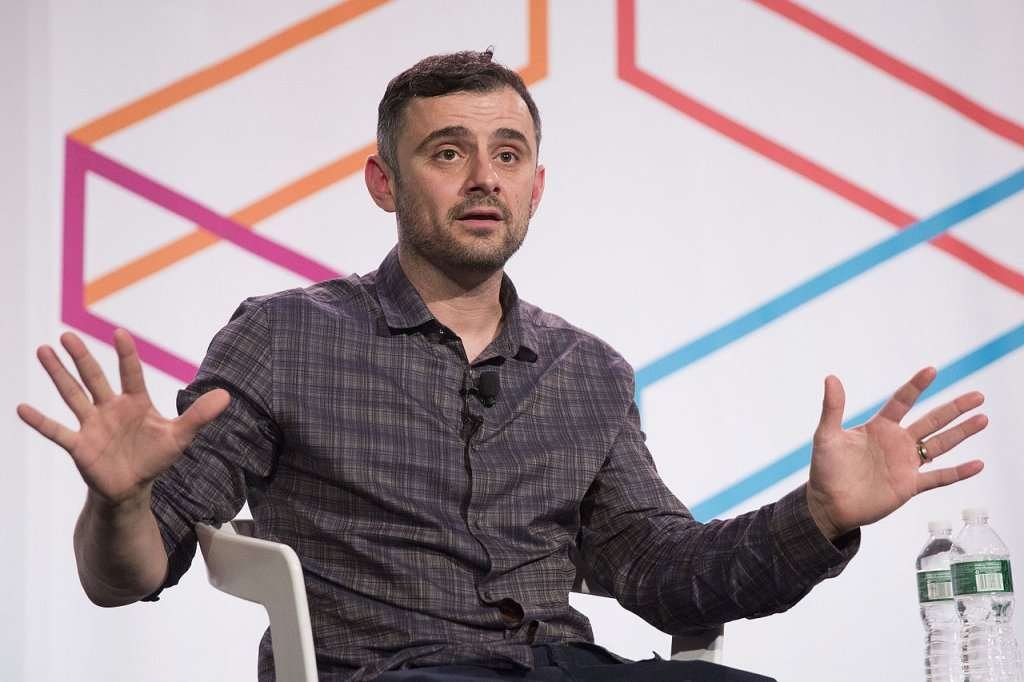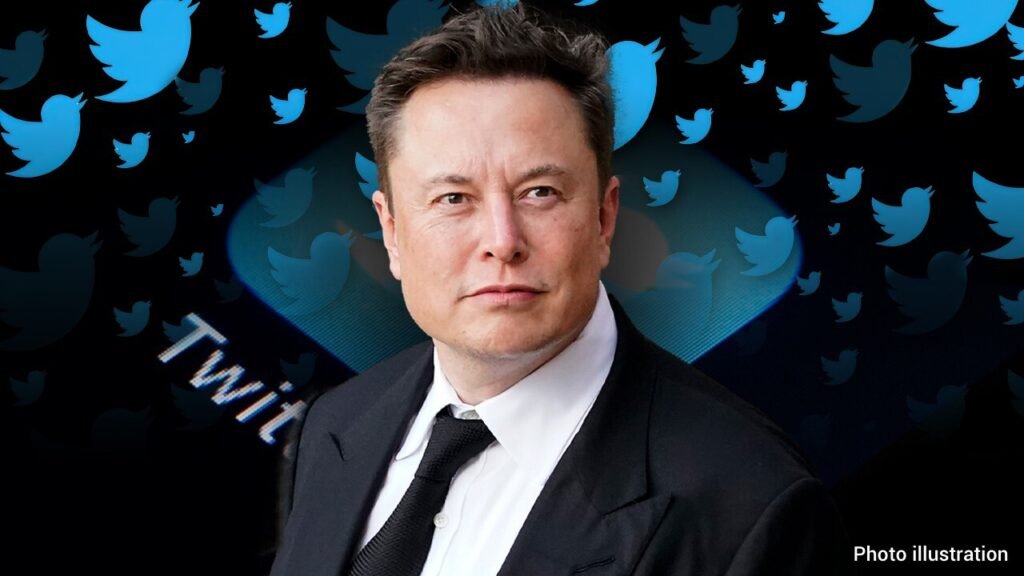Have you ever noticed how some individuals manage to leave a lasting impression wherever they go? That’s the magic of personal branding—the ability to showcase your uniqueness in a way that resonates with others. From CEOs and entrepreneurs to artists and athletes, some of the most influential personal brands have redefined what it means to stand out.
Crafting a personal brand is more than just self-promotion; it’s about sharing your authentic story. By focusing on your strengths, values, and expertise, you can create a presence that connects with people on a deeper level. Whether you’re an aspiring entrepreneur or a professional looking to make an impact, learning from personal branding examples can offer incredible insights.
In this blog, we’ll take a close look at top personal brands—those who’ve mastered the art of authenticity and influence. You’ll discover personal branding tips and learn how successful figures have used personal brand strategies to shape their careers and inspire millions.
Ready to explore how the best in the business are building a personal brand that’s memorable, meaningful, and powerful? Let’s dive in.
| Sr. No. | Name | Field | Key Elements of Personal Brand |
| 1 | Gary Vaynerchuk | Digital Marketing | Hustle, motivational content, and consistent social media presence. |
| 2 | Bhavik Sarkhedi | Personal Branding Expert | Storytelling, content creation, and authentic brand development for individuals and businesses. |
| 3 | Elon Musk | Technology & Innovation | Futuristic vision, direct engagement via social media, and groundbreaking ventures. |
| 4 | Oprah Winfrey | Media & Philanthropy | Empathy, storytelling, and empowerment-focused initiatives. |
| 5 | Marie Forleo | Coaching & Entrepreneurship | Relatable advice, humor, and actionable online courses. |
| 6 | Tony Robbins | Personal Development | Transformation-focused seminars, charisma, and empowerment strategies. |
| 7 | Tim Ferriss | Productivity & Lifestyle | Innovative life hacks, niche positioning, and engaging podcasts. |
| 8 | Seth Godin | Marketing Innovation | Challenging traditional thinking, thought leadership, and consistent insights. |
| 9 | Richard Branson | Entrepreneurship | Adventurous spirit, personal values, and charismatic branding. |
| 10 | Beyoncé Knowles-Carter | Music & Business | Empowerment, artistic excellence, and meticulous control over her narrative. |
| 11 | LeBron James | Sports & Philanthropy | Community impact, social advocacy, and versatile career expansion. |
| 12 | Mark Manson | Writing & Self-Help | Candid writing style, authenticity, and thought-provoking takes on personal growth. |
| 13 | Neil Patel | Digital Marketing | Actionable SEO insights, consistent value delivery, and expertise in online growth strategies. |
| 14 | Jenna Kutcher | Business Coaching | Authentic storytelling, work-life balance, and connection with her audience. |
| 15 | Justin Welsh | Solopreneurship | Independence, financial freedom strategies, and community building. |
| 16 | Martha Stewart | Lifestyle & Homemaking | Expertise, authenticity, and consistency in delivering quality content. |
| 17 | Casey Neistat | Filmmaking & Content Creation | Creative storytelling, engaging vlogs, and relatability. |
| 18 | Billie Eilish | Music & Entertainment | Individuality, authenticity, and deep connection with fans. |
| 19 | Shaun White | Extreme Sports | Excellence in sports, endorsements, and a charismatic personality. |
| 20 | Louise Henry | Business Automation | Simplifying processes for entrepreneurs and empowering them through practical tools. |
Building a personal brand is an art that many have mastered, leaving a lasting impact in their fields. Let’s explore some of the most influential personal brands and the strategies that set them apart.

Gary Vaynerchuk is more than a digital marketer—he’s a powerhouse of energy and an advocate for self-awareness and relentless hustle. As the CEO of VaynerMedia and the creator of countless viral motivational videos, Gary’s brand stands out for its raw authenticity. By sharing his entrepreneurial journey, failures, and successes, he inspires millions. His focus on effective personal branding through consistent, engaging content across platforms like Instagram, TikTok, and LinkedIn demonstrates the importance of staying relevant.

Bhavik Sarkhedi, a celebrated personal branding expert, has carved a niche for himself with his storytelling-driven approach. As the founder of Write Right, India’s leading content writing agency, Bhavik has built his brand on creativity and credibility. His personal branding journey involves authoring eight books and contributing to reputed platforms like Forbes and Entrepreneur.
What sets Bhavik apart is his focus on helping clients define their unique voices and value propositions. He uses personal branding strategies rooted in authenticity and storytelling, enabling professionals and businesses to build trust with their audience. Whether through tailored content or insightful consultations, Bhavik has consistently demonstrated how personal brands can achieve sustained growth.

Elon Musk’s personal brand epitomizes innovation and risk-taking. As the face of Tesla, SpaceX, and Neuralink, Musk uses his ventures to redefine industries. His frequent use of social media platforms like Twitter allows him to engage directly with millions, making his personal brand highly accessible. Musk’s openness about his ambitions and challenges adds a human touch, reinforcing the idea that personal branding success stories require transparency.
Oprah Winfrey has built one of the most enduring and trusted personal brands. Known for her empathetic approach, Oprah’s ability to connect with audiences has made her a household name. Her journey from talk show host to a media mogul and philanthropist exemplifies how personal brand development can evolve over time. Oprah’s focus on empowerment and storytelling remains central to her brand.
Marie Forleo has redefined the coaching industry by focusing on both personal and professional development. Her online courses, including the popular “B-School,” have helped thousands of entrepreneurs launch and grow businesses. By blending humor, relatability, and actionable advice, she ensures her brand remains engaging. Her journey is a perfect example of building a personal brand that reflects passion and purpose.
Tony Robbins’s personal brand revolves around transformation. From coaching world leaders to hosting sold-out seminars, Robbins emphasizes peak performance and self-mastery. His charisma and profound storytelling abilities make his brand memorable. Through his books and workshops, he inspires others to take control of their lives, making his story a standout among personal branding icons.
Tim Ferriss revolutionized the productivity space with his book “The 4-Hour Workweek.” His personal brand focuses on lifestyle design, encouraging people to prioritize freedom over conventional work structures. Ferriss also hosts a popular podcast where he interviews thought leaders, expanding his brand’s reach and relevance. His approach showcases the power of niche positioning in effective personal branding.
Seth Godin is synonymous with marketing innovation. As an author of bestselling books and creator of influential blogs, Seth’s brand thrives on his ability to challenge conventional thinking. His insights into leadership and marketing have made him a role model for professionals seeking personal branding inspiration.
Richard Branson’s adventurous spirit is the core of his personal brand. As the founder of Virgin Group, Branson’s name is synonymous with entrepreneurship. His willingness to take risks and his charismatic personality make him a natural brand ambassador for his businesses. Branson’s brand highlights the importance of integrating personal values into professional endeavors.
Beyoncé’s brand is a masterclass in empowerment and artistic excellence. Through her work as a performer, entrepreneur, and philanthropist, she has built a brand that transcends industries. Beyoncé’s meticulous control over her narrative and projects showcases the significance of strategic personal brand management.
LeBron James has successfully expanded his brand beyond basketball. With investments in media companies and philanthropic initiatives like the “I PROMISE School,” LeBron uses his platform to create change. His ability to remain relatable while achieving greatness makes him a leader among personal branding influencers.
Mark Manson’s candid writing style is central to his personal brand. Known for his bestselling book “The Subtle Art of Not Giving a F*ck,” Manson has gained a following for his honest and thought-provoking takes on self-improvement. His work emphasizes authenticity, making his brand both relatable and impactful.
Neil Patel’s personal brand focuses on providing actionable insights into SEO and digital marketing. By consistently sharing his expertise through blogs, videos, and tools, Patel has become one of the most trusted names in the industry. His journey illustrates the importance of delivering value to build a lasting personal brand.
Jenna Kutcher’s brand is built on authenticity and relatability. As a business coach and podcast host, she emphasizes the importance of balancing work with personal well-being. Her ability to connect with her audience through storytelling has made her a favorite among entrepreneurs seeking personal branding tips.
Justin Welsh has built a personal brand around the solopreneur lifestyle. His content highlights strategies for growing businesses independently, resonating with professionals seeking financial and creative freedom. Welsh’s focus on community-building through platforms like LinkedIn exemplifies the power of consistency in personal brand success.
Martha Stewart’s name is synonymous with quality and style in lifestyle and homemaking. Her brand is a testament to the importance of expertise and authenticity. From cookbooks to TV shows, her work consistently reinforces her reputation as a trusted authority.
Casey Neistat’s personal brand thrives on creativity and authenticity. His engaging vlogs and storytelling have earned him a loyal following. Casey demonstrates how personal branding innovators can leverage platforms like YouTube to share their journeys.
Billie Eilish’s distinct artistic style and authenticity define her brand. By embracing individuality and connecting deeply with her audience, Billie has become a global sensation. Her brand emphasizes staying true to oneself, making her a standout figure among notable personal brands.
Shaun White’s personal brand embodies excellence in extreme sports. With multiple Olympic gold medals and a charismatic personality, he has become an inspiration for athletes worldwide. Shaun’s ability to leverage his success into endorsements and ventures highlights the potential of personal branding achievements.
Louise Henry’s brand focuses on empowering entrepreneurs to simplify and automate their businesses. Her courses and digital tools provide valuable insights, making her a trusted name in online business strategy.
Each of these personal branding case studies demonstrates how a clear vision, authenticity, and strategic messaging can transform an individual into an influential brand.

…that it matters. These examples matter, your personal brand in 2025 and the years to come, MATTERS! Now, here’s how you can do it yourself:
Anyways, exploring these personal branding examples reveals that authenticity, consistency, and strategic engagement are key to building a memorable personal brand. Each individual has leveraged their unique strengths and stories to connect with audiences, demonstrating that successful personal branding is both an art and a science.
Key Takeaways:
By studying these personal branding success stories, you can gain insights into developing your own brand. Remember, building a personal brand is a continuous journey that evolves with you.
Personal branding is the practice of marketing oneself and one’s career as a brand. It involves creating a public persona that reflects your values, expertise, and personality to distinguish yourself in your industry.
Personal branding is crucial because it helps you stand out in a competitive market, build trust with your audience, and open up new career opportunities. A strong personal brand can lead to increased recognition and influence.
Begin by identifying your unique strengths, values, and passions. Create consistent and authentic content that reflects who you are, and engage with your audience across various platforms to build relationships and credibility.
Yes, a strong personal brand can enhance your business by building trust with customers, attracting new opportunities, and differentiating you from competitors. It humanizes your business and can lead to increased loyalty and engagement.
Consistency is key. Regularly update your content, stay true to your values, and continue engaging with your audience. Be adaptable to change and open to feedback to ensure your personal brand remains relevant and authentic.